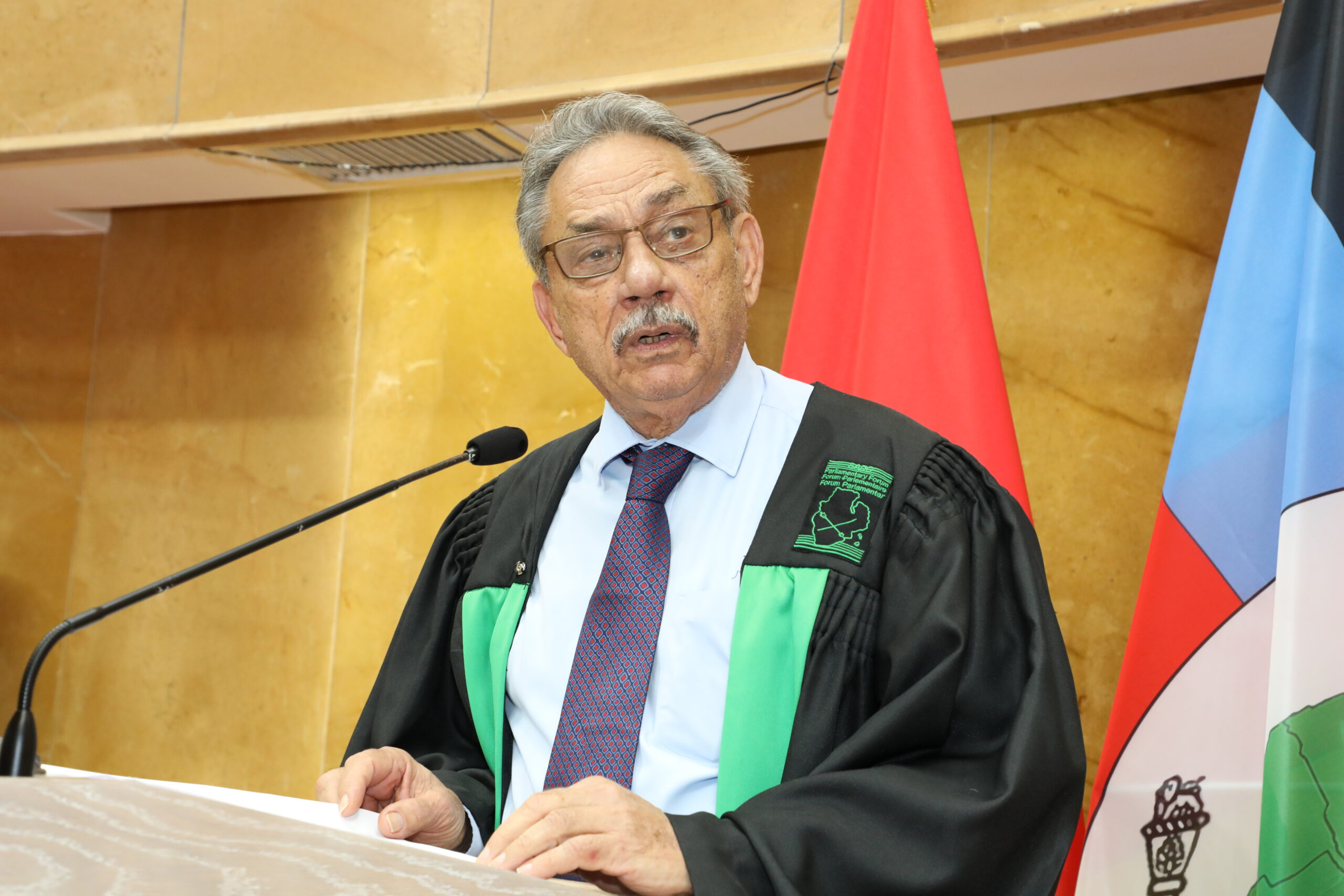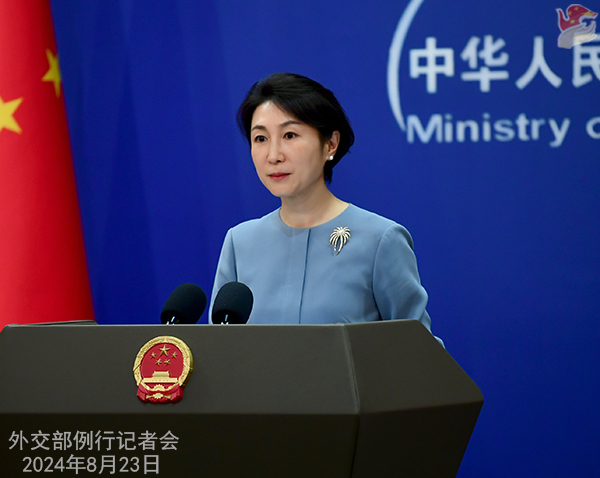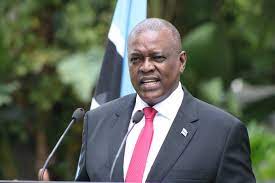
While the UN Security Council once again discussed the Western Sahara conflict on April 14th, Morocco continues to move aggressively both on the ground and in the diplomatic arena, trying to consolidate its illegal occupation with the active complicity of major international powers.
In recent weeks, three key developments have made this reality painfully clear: the United States’ approval of the sale of 612 Stinger missiles to Morocco, worth $157 million; France’s announcement that it will open an extension of its Rabat embassy in the occupied territories of Western Sahara; and the signing of an offshore oil exploration deal between Morocco and the Israeli company Ratio Petroleum — a move that has already sparked alarm in Spain’s Canary Islands.
In a context where Morocco has systematically used armed drones against Sahrawi civilians, including children, since the collapse of the UN’s-supervised ceasefire last November 2020 due to the Moroccan army’s violation. Strengthening Rabat’s military capabilities is a profoundly irresponsible act. It fuels the occupation and escalates violence against a population that international law is supposed to protect.

The new oil deal is yet another chapter in the blatant plunder of Sahrawi natural resources, carried out without the consent of the Sahrawi people — a direct violation of international law.
The False Solution of “Autonomy”
Alongside escalating military and economic measures, Morocco and its allies — particularly France and the United States — have ramped up promotion of the so-called “autonomy plan” as the “only realistic solution.” However, the reality is quite the opposite: they are promoting autonomy precisely because they know the status quo is unsustainable.
UN Envoy Staffan de Mistura’s recent request for more details on the Moroccan plan signals not support for it, but growing unease within international circles. The question is no longer how to consolidate Morocco’s illegal control — but how to find an exit strategy before the conflict escalates further and discredits the entire international system.
As Malainin Lakhal, diplomat of the Sahrawi Arab Democratic Republic (SADR) to the African Union, aptly pointed out: “The request itself shows that even Morocco’s allies know little if any about the so-called autonomy plan they publicly support— and that the world no longer accepts the endless pretense of negotiations without substance.”
The autonomy plan is a desperate attempt to reframe the occupation as something voluntary — a fantasy no Sahrawi, and no serious observer of international law, can accept. If autonomy were truly a serious proposal, it would be presented to the Sahrawi people alongside independence and other options, in a free and fair referendum. Anything less is merely an extension of colonial violence.
Only the Sahrawi People Can Decide
International law is crystal clear: the right to self-determination belongs solely to the Sahrawi people. No state — not Morocco, France, Spain, nor the United States — has any right to “offer” or “impose” a solution on their behalf.
Autonomy may indeed be one option on a ballot, alongside independence and other outcomes, but only if it is freely and democratically chosen by the Sahrawi people through a transparent, UN-supervised referendum. Anything else would constitute a grotesque violation of the UN Charter and Resolution 1514, which guarantees the right of colonial peoples to freely determine their own destiny.
International Complicity and the Signs of Weakness
As Morocco intensifies repression in the occupied territories, continues the transfer of settlers to alter the region’s demographics, and escalates military operations against civilians, major powers continue to turn a blind eye. We are witnessing the worst form of double standards: governments preach about “international law” elsewhere while endorsing or enabling open colonialism in Western Sahara. Yet Sahrawi resistance remains unbroken.
The collapse of the ceasefire simply returned the conflict to its natural state: an armed liberation struggle, waged under the framework of international law.
As Malainin Lakhal noted, Western Sahara is no longer a “forgotten conflict.” It has become a central test case for the credibility of international institutions — and for the very future of a global order supposedly based on law rather than force.
Justice or Complicity?
The Western Sahara struggle is about more than the fate of a single people. It is about defending a fundamental principle: that peoples — not kings, presidents, or generals — determine their future. It is about resisting a cynical international system that trades human rights for arms deals and oil contracts.
There will be no true peace until the Sahrawi people exercise their right to self-determination. Any solution is only legitimate if it is freely and democratically chosen by the Sahrawi people — not imposed under the barrel of a gun. Until then, any settlement will merely extend the colonial violence that history, sooner or later, always judges.
* Dr. Isabel Lourenço is a Researcher at the Center of African Studies of the University of Porto.









